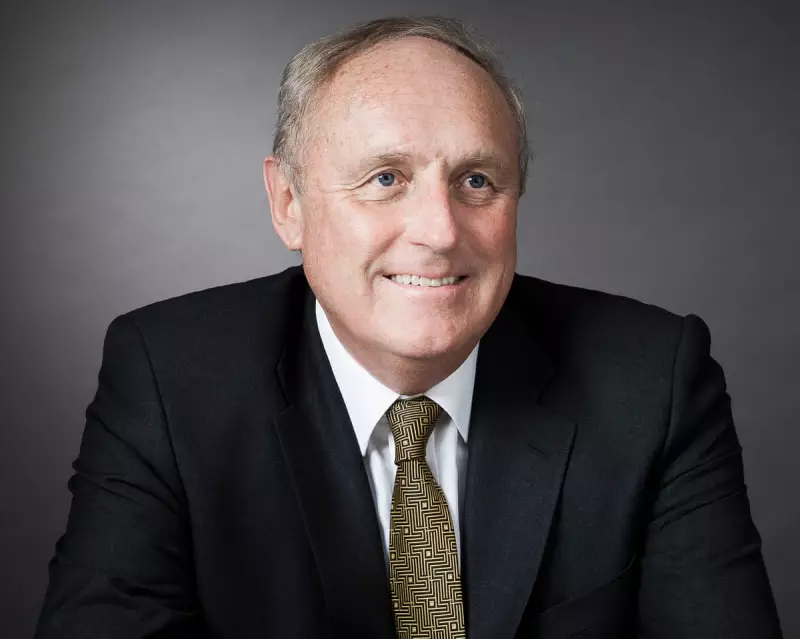
In a dramatic legal development, former Daily Mail editor Paul Dacre has been confirmed as a witness in the high-profile trial brought by Prince Harry and six other prominent figures against the newspaper's publisher.
The High-Profile Legal Battle
The High Court heard that Paul Dacre, 77, now editor-in-chief of DMG Media, and former Mail on Sunday editor Peter Wright will be called as early witnesses when the trial begins on 19 January. The case, expected to last nine weeks with legal costs estimated at £38 million, represents one of the most significant legal challenges to British tabloid journalism in recent years.
Antony White KC, representing Associated Newspapers Limited (ANL), told Mr Justice Nicklin that it was "incredibly important" for Dacre and Wright to testify first to address "critically important" allegations before other witnesses take the stand. David Sherborne, representing the claimants, indicated that ANL specifically wanted Dacre to address evidence he gave during the 2011-12 Leveson inquiry into press standards.
Serious Allegations and Fierce Denials
The claimants, who include Prince Harry, Sir Elton John, David Furnish, Liz Hurley, Sadie Frost, Doreen Lawrence, and Sir Simon Hughes, allege that ANL engaged in or commissioned widespread unlawful information gathering. The alleged activities include:
- Hiring private investigators to place listening devices in cars
- "Blagging" private records through deception
- Illegally accessing private phone conversations
ANL has "vehemently" denied all allegations of unlawful activity. The publisher maintains its position that it has always operated within legal boundaries.
Judge's Warning and Evidence Rulings
Mr Justice Nicklin issued a stern warning to the claimants' legal team, stating he would not permit the case "to descend into a wide-ranging public inquiry" guided solely by what the claimants want to investigate. He specifically cautioned against "a series of rabbits produced out of a hat" designed to ambush witnesses.
In a significant ruling, the judge granted the claimants restricted use of records kept by private investigator Stephen Whittamore detailing his dealings with journalists. Sherborne had argued that preventing the claimants from using these notebooks created a "wholly unjust" and "totally unlevel playing field."
The court also heard about controversy surrounding another private investigator, Gavin Burrows, who withdrew a statement allegedly claiming he targeted "hundreds, possibly thousands of people" through voicemail hacking, landline tapping, and accessing financial and medical information for a Mail on Sunday journalist. Burrows claimed his signature on the statement was forged, an accusation Sherborne dismissed as "scurrilous" and "a grotesque inclusion."
As the January trial date approaches, this case promises to shed new light on historical press practices and could have far-reaching implications for media regulation in the UK.





